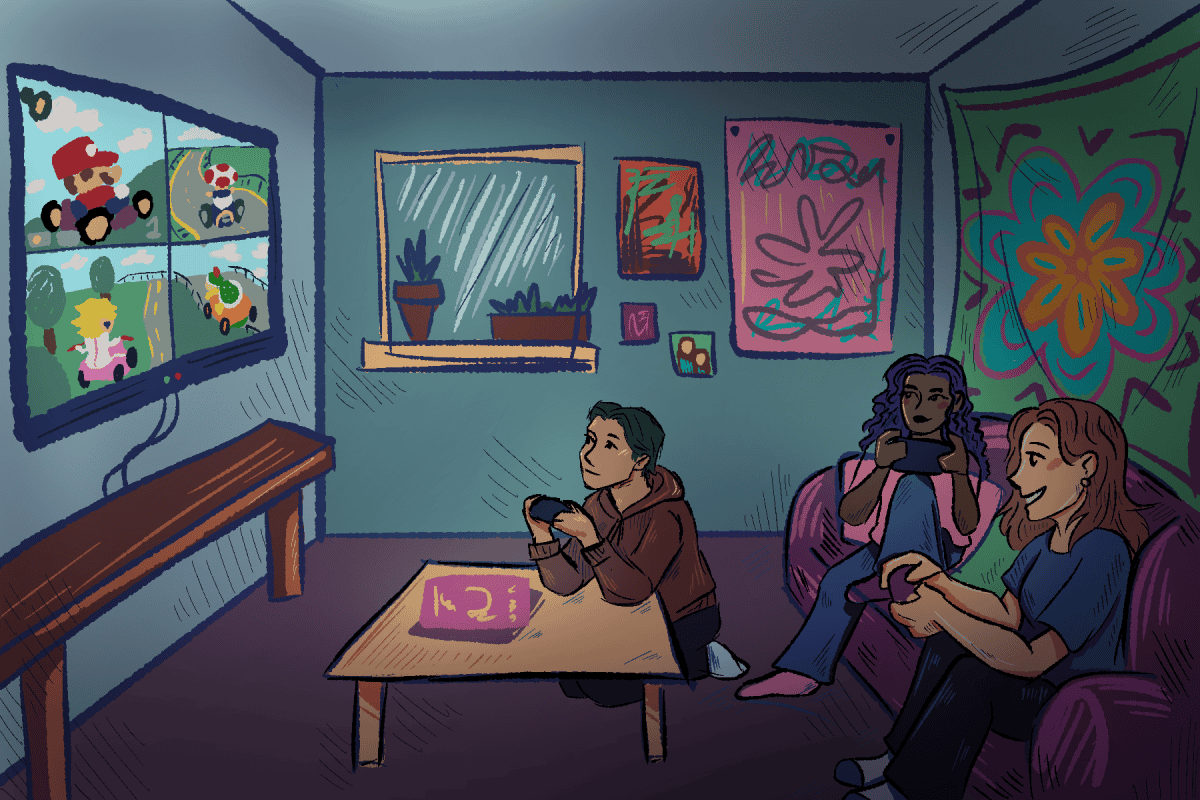In an effort to remain connected with the student community and current technology, Tuscaloosa churches are launching Twitter and Facebook accounts. However, according to author Andy Crouch, they might not be using it to its fullest potential.
Author of “Culture Making: Recovering Our Creative Calling,” a book calling Christians to become “culture makers,” humans creating cultural artifacts as well as making sense of the world around them. Crouch encourages churches not only to use social media as a way to inform, but as a tool to build relationships.
“The best thing about the social media revolution is the way it connects us more deeply and continuously to people and organizations who matter to us,” Crouch said. “The best churches, the ones that make the biggest difference in their members’ lives, are the ones that connect people deeply to one another. Social media just makes sense as one tool in the toolkit of building relationships and making disciples.”
Crouch said the “social” part remains more important than the “media” part, and while churches have generally been slower at utilizing social media because it is often seen as trivial, it can be very beneficial.
“It’s not trivial at all, because social media is built on real relationships,” Crouch said. “People who caricature Facebook and Twitter as a bunch of bored and boring people telling each other what they had for lunch don’t understand how much substance – and how much loyalty – social media can create.”
Many churches in Tuscaloosa, both traditional and contemporary, have started using Facebook, Twitter and other websites to further connect with the community and younger audiences, but not necessarily as platforms for preaching.
Harvey Edwards, college minister at Capstone Church, said they have a Twitter account for the main church, as well as one for the college ministry, and also use Facebook as a way to share pictures and community encouragement.
“It has been very beneficial for us to keep in contact with people,” Edwards said. “[Social media] can also have a positive effect if others can see that here is a group of people that care about one another. That’s a side benefit.”
However, Crouch cautions of the downsides of social media relationships and said it should not be used as a substitute for face-to-face relationships.
“There is no doubt that social media can end up being a very tempting simulation of real friendship and community,” Crouch said. “My friends who come to the USA from other countries tell me the thing they notice most about America is how lonely people are. If social media becomes a substitute for being together in person and learning how to love one another, serve our neighbors, and seek God together, that would be a disaster.”
Blake Jenkins, associate college minister at Calvary Baptist Church, agrees that social media is an inadequate replacement of in-person relationships.
“There is an intangible aspect of people meeting face-to-face,” Jenkins said. “If we were to do that, we would lose a great aspect of groups of people meeting together. People can speak and defend their ideas in text a lot easier. It takes another aspect to do it in person.”
Jenkins said Calvary uses their social media outlets as unifying factors for students to access information and disperse it in mass quantities.
“If a student misses The Well one week, they can go online and check for podcasts or Twitter or Facebook and see what they missed,” Jenkins said. “I would definitely say if churches have someone that can use [social media] effectively and with excellence, it would be beneficial. It has been a great tool for us.”
Brad Jones, campus director of Alabama Navigators, an interdenominational college ministry, said they choose to use social media as a twofold system of publicizing events and using it as a point of contact for students looking to participate.
“If we can meet people from social media and then build the relationships face-to-face, we have found that’s more effective,” Jones said.
Although Alabama Navigators recently created a Twitter account, Jones said they have been using Facebook for years, and it has been helpful for building their ministry.
“We find that students are more likely to check Facebook messages than they are their emails,” Jones said. “The use of Facebook groups has also been helpful.”
While Crouch supports college ministries connecting with university students through social media, he said students should not substitute being involved online for being involved in person.
“‘Liking’ a church or pastor’s Facebook page is not the same thing as being committed to that group of people, getting to know them and letting them get to know you – the real you, not just the carefully curated you,” Crouch said.






